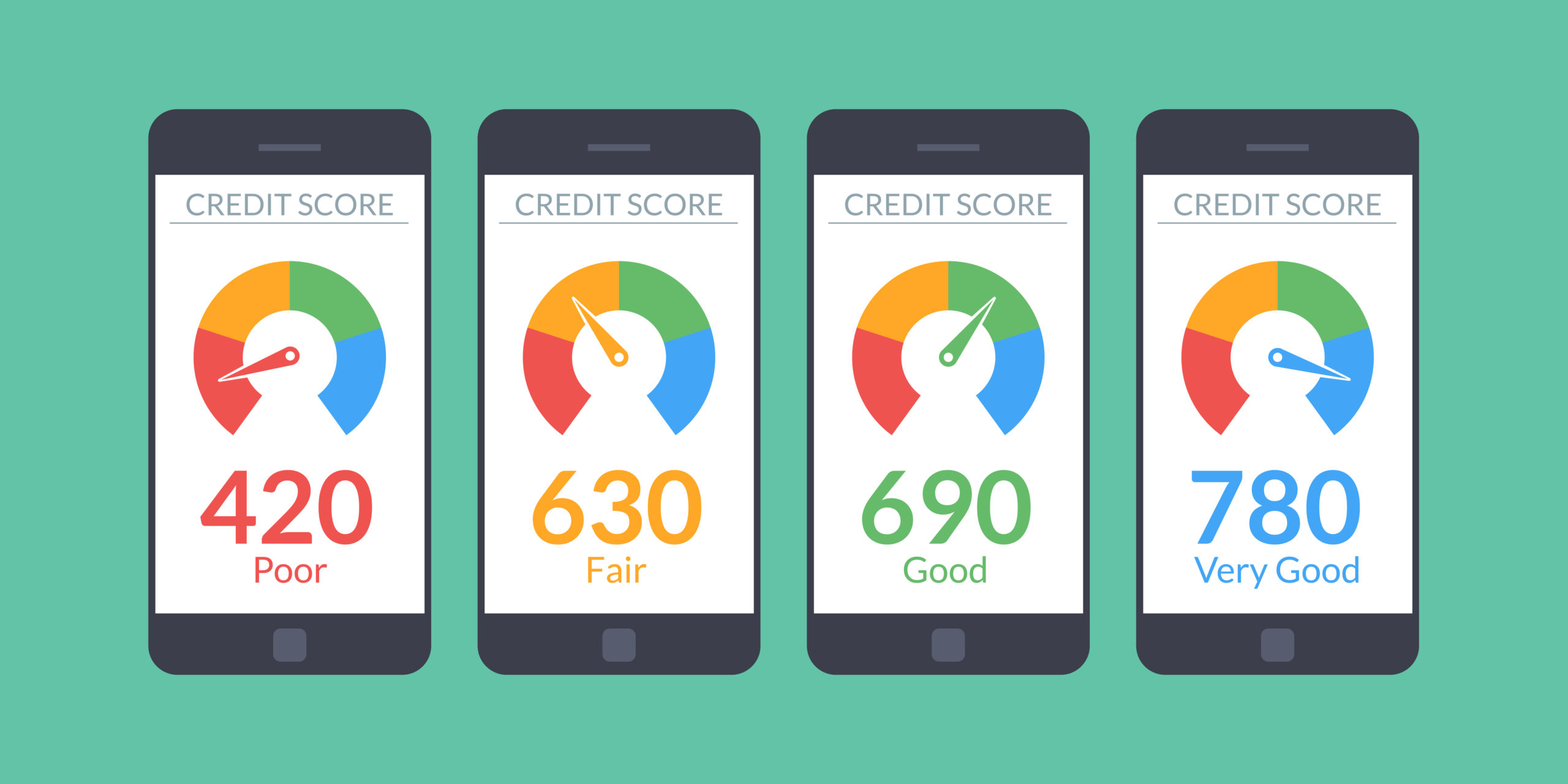One of the most important factors in securing a loan is your credit score.
When it comes time for a credit inquiry, this step can confuse new borrowers. There are hard and soft inquiries, and they have the potential to affect your credit score.
This is why it’s important to know the difference between the two. If you’re on the hunt for a loan and curious about how your credit inquiries might affect you, read on to learn more!

Credit Score Overview
It’s important to know the credit score basics before diving into credit inquiries.
There are several kinds of credit scores available for consumers and lenders. Each kind uses its own calculations, and your score may vary depending on the brand you choose.
One of the oldest and most commonly used credit score brands is the FICO score. A FICO Score is a three-digit number that is based on the information in your credit reports. It helps lenders determine how likely you are to repay the loan you want. This number affects how much you can borrow, how much time you have to repay the loan, and how much it will cost with your interest rate.
So, what does this mean for you? Basically, your chance of getting a loan is dependent on your credit score. A higher score means you handle credit well, and this can improve the terms of your loan. Scores are ranked like this:
- 800 or higher = Superior
- 740-799 = Very good
- 680-739 = Good
- 580-669 = Fair
- 579 and below = Poor
Factors that can influence your score include:
- Your payment history – Are you paying on time?
- How much of your credit you’re using – Less is better than spending all your credit.
- Age of credit – How long have you held the credit?
- How many types of credit you have – Credit card, auto, home, school loans, etc.
- Recent credit applications – Also called “hard inquiries.” They come from applying for loans or credit cards.

Credit Inquiries and How They Can Affect You
A “hard” inquiry is when a lender checks your credit after you apply for a loan, credit card, or line of credit.
When this happens, your credit score can decrease for a few months. For FICO scores, this decrease is usually less than five points, but if you make your payments on time the decrease will disappear in a few months.
A “soft” inquiry is not related to lending you money. They can appear on your credit report, but they don’t affect your score. An example of a soft inquiry would be when you check your credit score for yourself.
To prevent a bunch of hard inquiries from hurting your credit score, avoid applying for a bunch of credit cards or loans at one time. This could lower your credit score by a lot, and you’ll lower your chances of getting favorable terms.
Instead, plan ahead for your loans. Ensure you haven’t applied for other lines of credit during your loan application, and if you do get your loan, make sure you make your payments on time so your credit score can bounce back to where it originally was.









